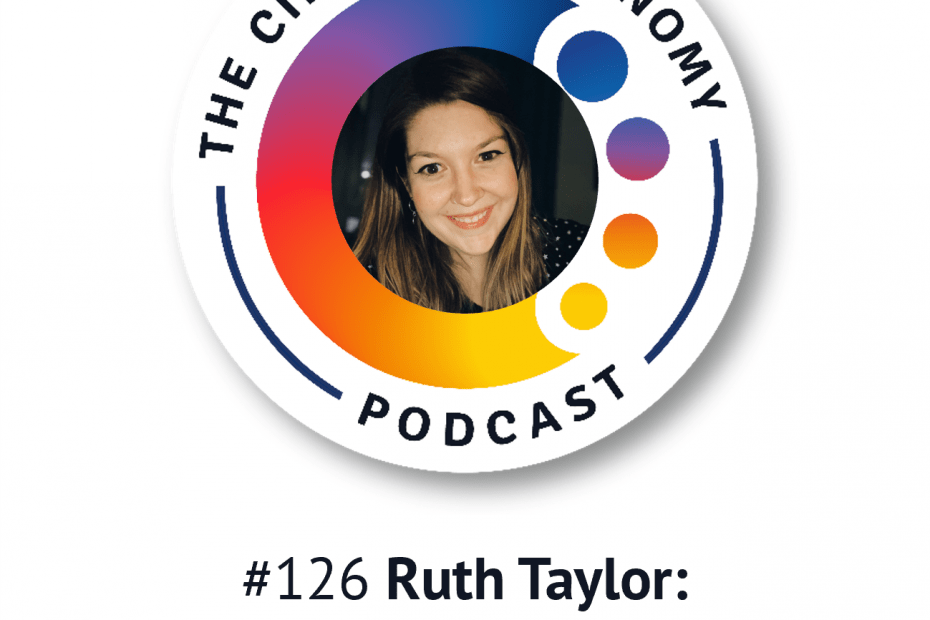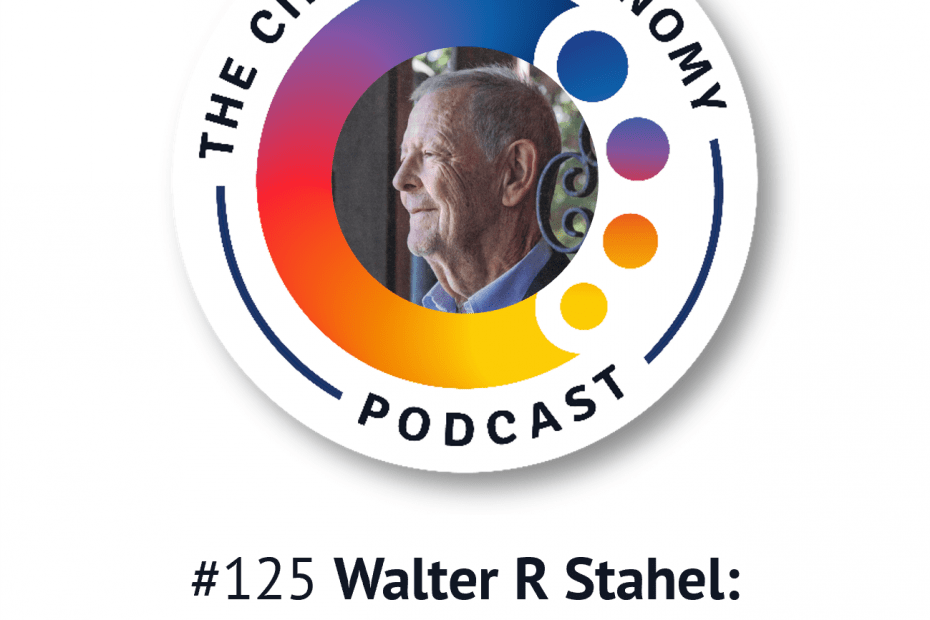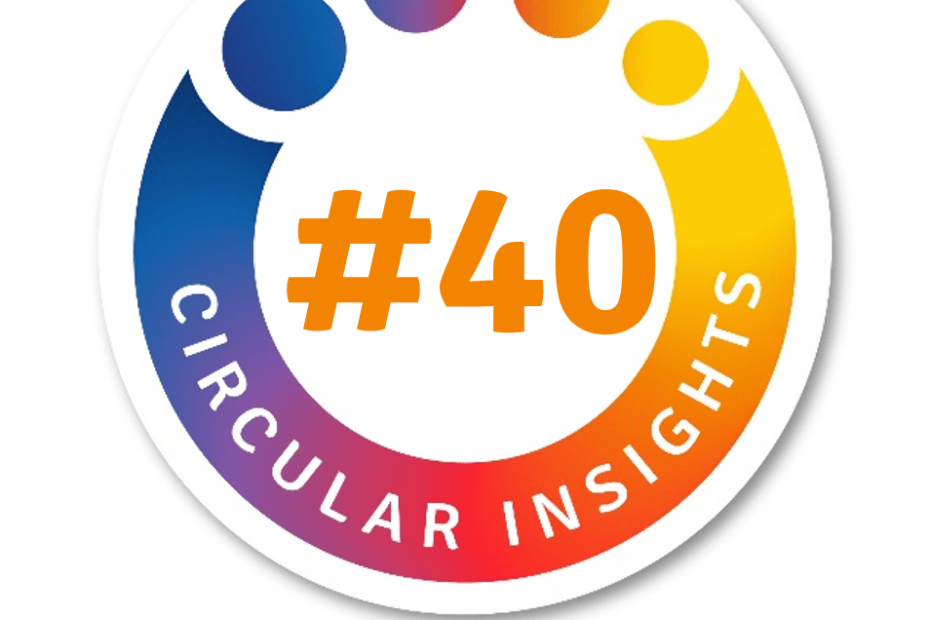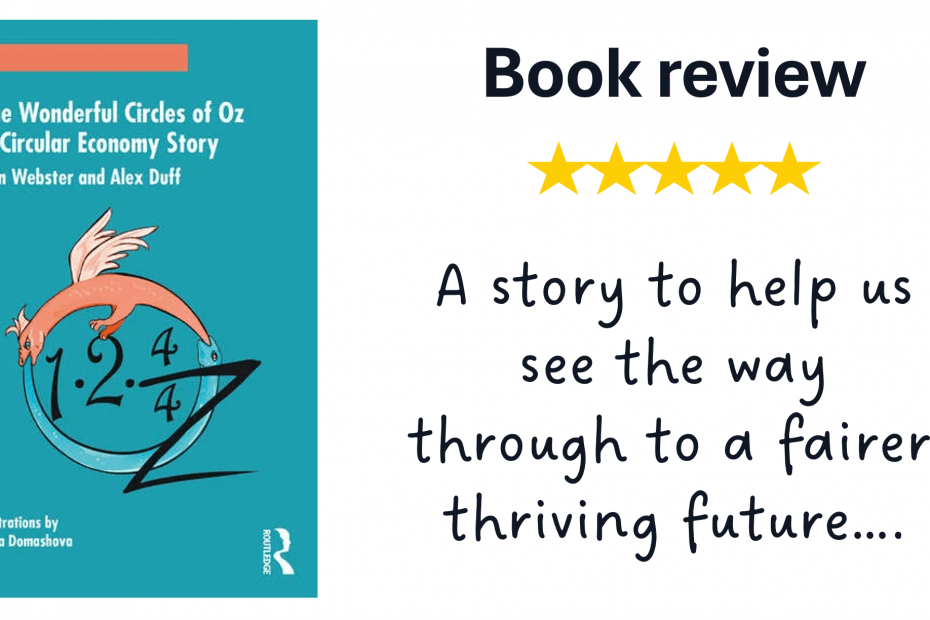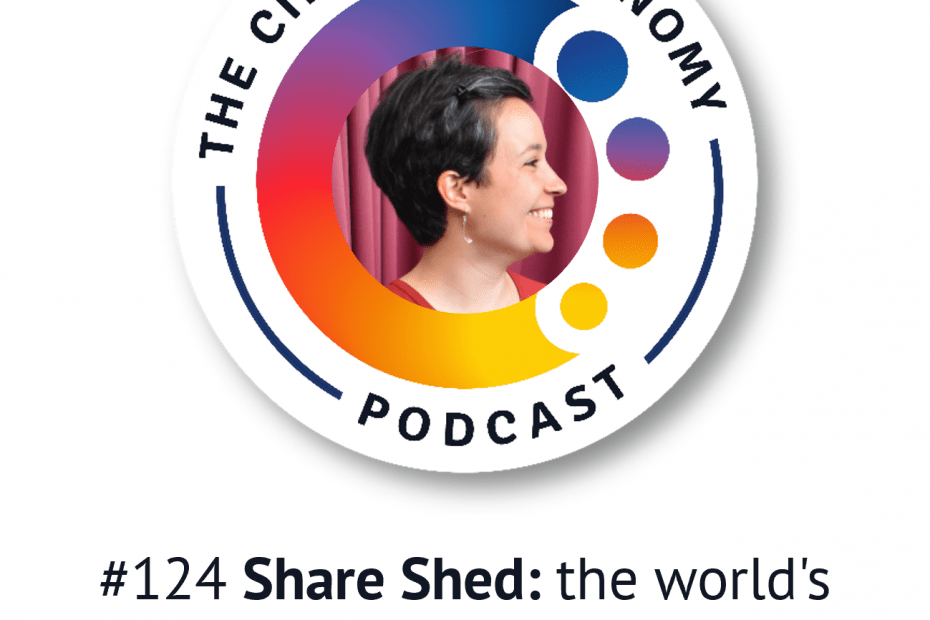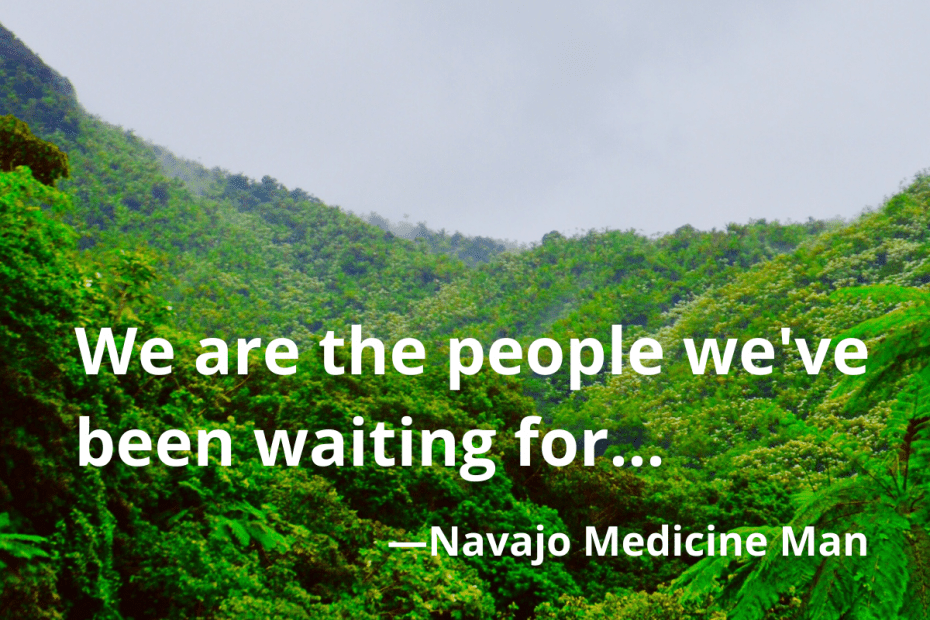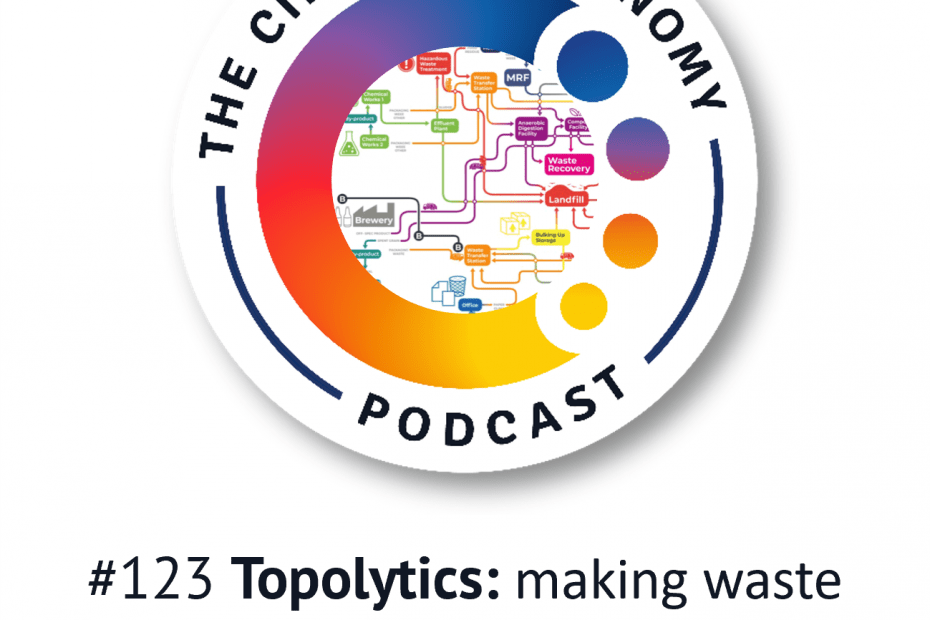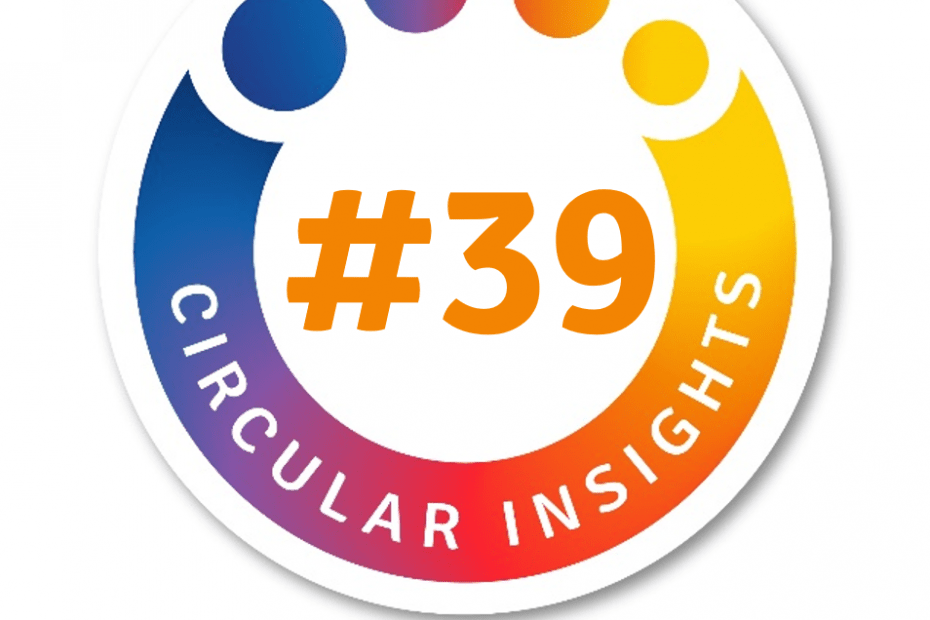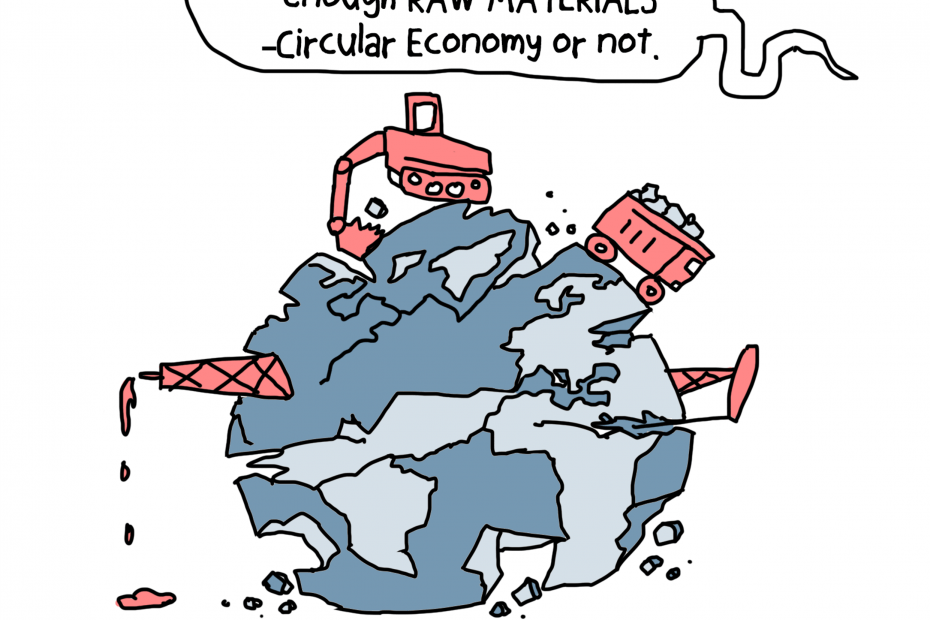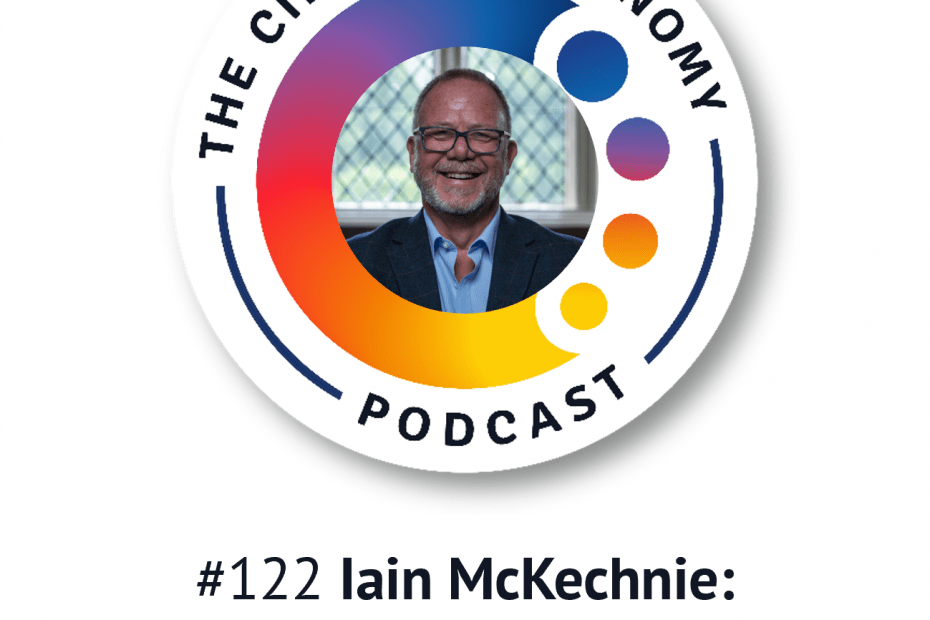126 Ruth Taylor: closing our circular values gap
Ruth Taylor of the Common Cause Foundation guides us through the field of social psychology, to explore how our personal values drive behaviour, and what that means for sustainability and the circular economy.
I recently completed ‘Values 101’, a short course run by the Common Cause Foundation. It opened my eyes to a whole new way of thinking about our behaviour and what motivates our choices, actions and interactions.
The course tutors were Ruth and her colleague Tom Crompton, and today, I’m talking to Ruth about some of my main takeaways from the course.
The Common Cause Foundation works at the intersection of culture change and human values, and is driven by the belief that it is possible to design societies that magnify and strengthen the cooperative and caring parts of human nature. By doing that together, we can build ways of living that are equitable and just, and lie within our planetary boundaries.
The Common Cause Foundation sees Values playing a pivotal role in shaping our cultures and systems. The dominant global culture is out of balance, prioritising extrinsic values such as wealth, power and social status, in a way that has led us to the brink of destruction; with crises of poverty, inequality and climate change. Common Cause Foundation’s work shows that balance can be restored by elevating intrinsic values instead – values like community, creativity and unity with nature.
Ruth Taylor has worked in the field of social and environmental change for close to 15 years. She is driven by the question of how more people can be encouraged to think, feel and act differently when it comes to the multiple and interconnected challenges we are experiencing globally.
Ruth explains what values mean, and how they impact our daily lives, and we talk about the Perception Gap – the mistaken beliefs we have about other people’s values, and why that matters. We also talk about why we might not always act in line with our values, and how we can overcome that.
We explore how engaging certain values could influence more sustainable and circular behaviours, and how it’s relatively easy for people to become interested in topics and actions that have similar underlying principles – for example, being passionate about women’s rights makes it more likely that you’ll be interested in supporting other movements for equality and fairness, both for humans and other-than humans.
We find out how values are like muscles, and can be strengthened, and we discover why we misunderstand other people’s values, and how that’s holding back our shift to a circular and regenerative world.
